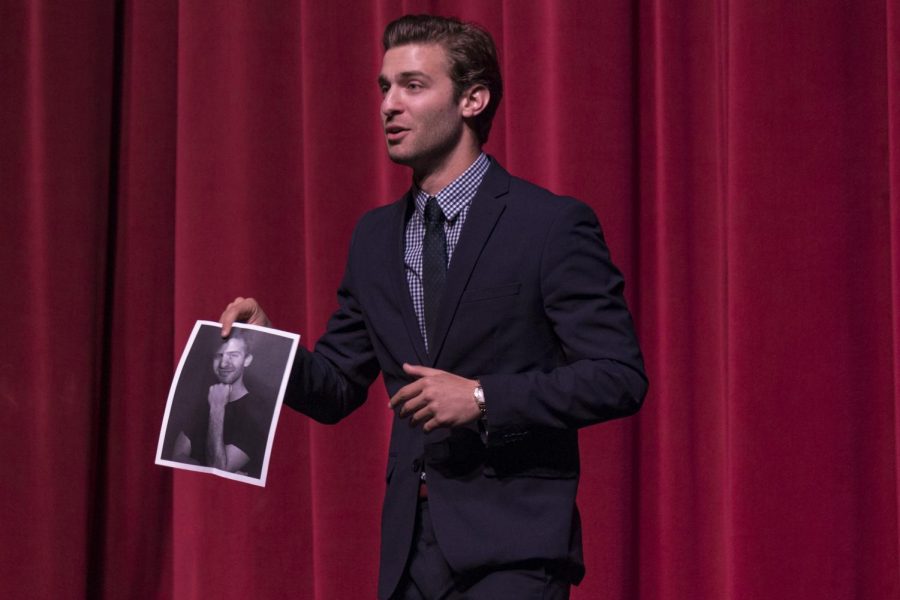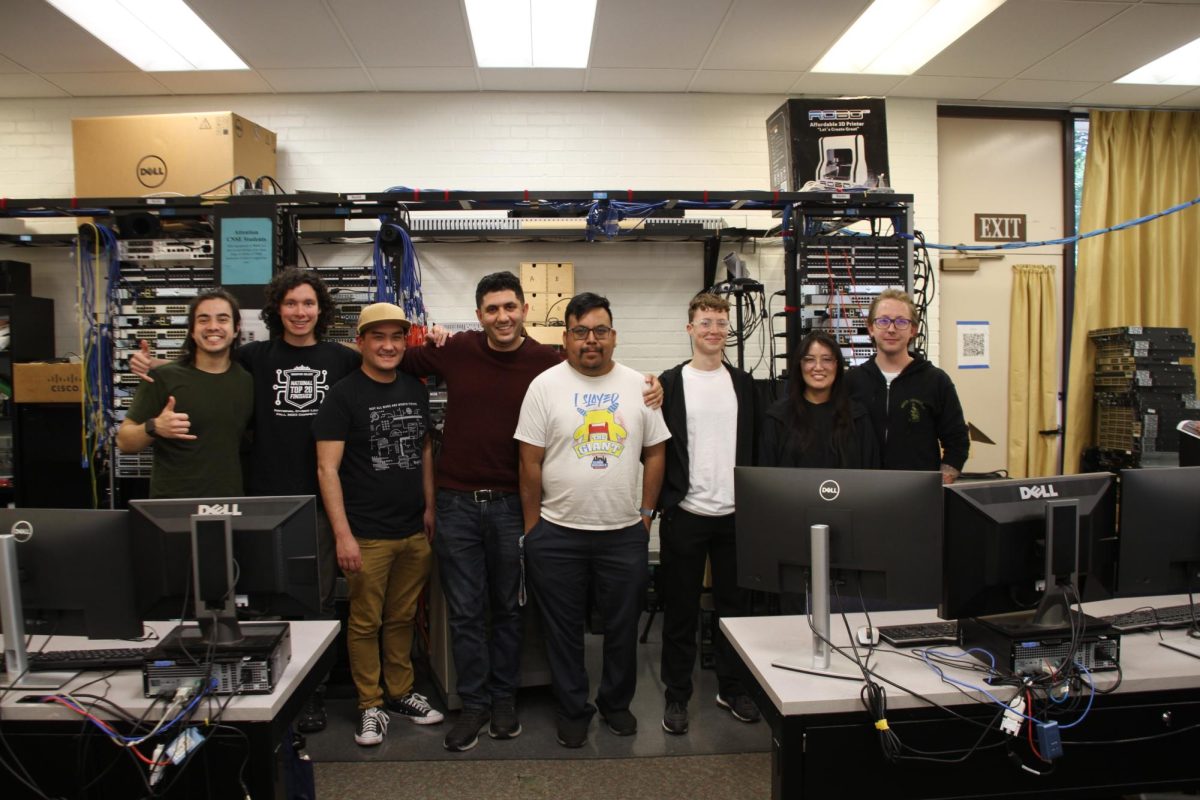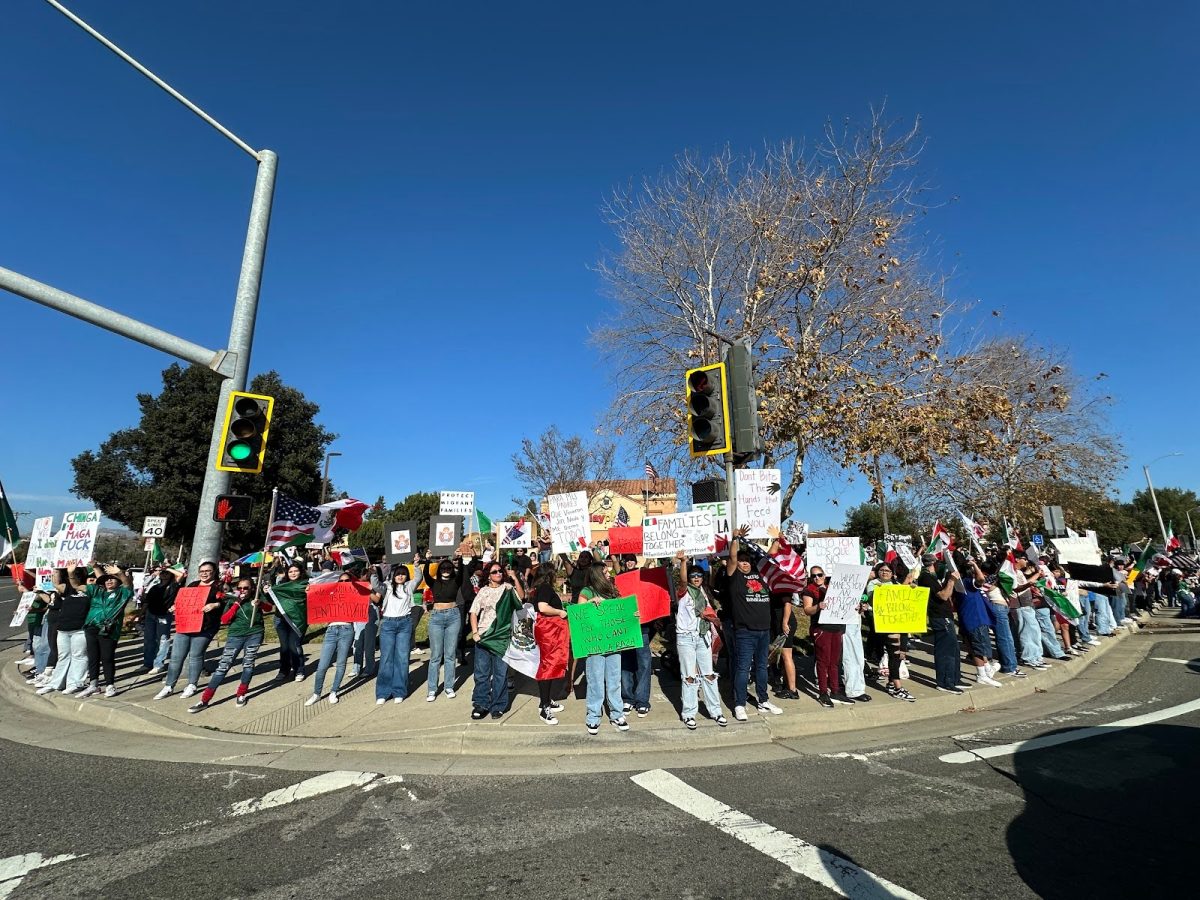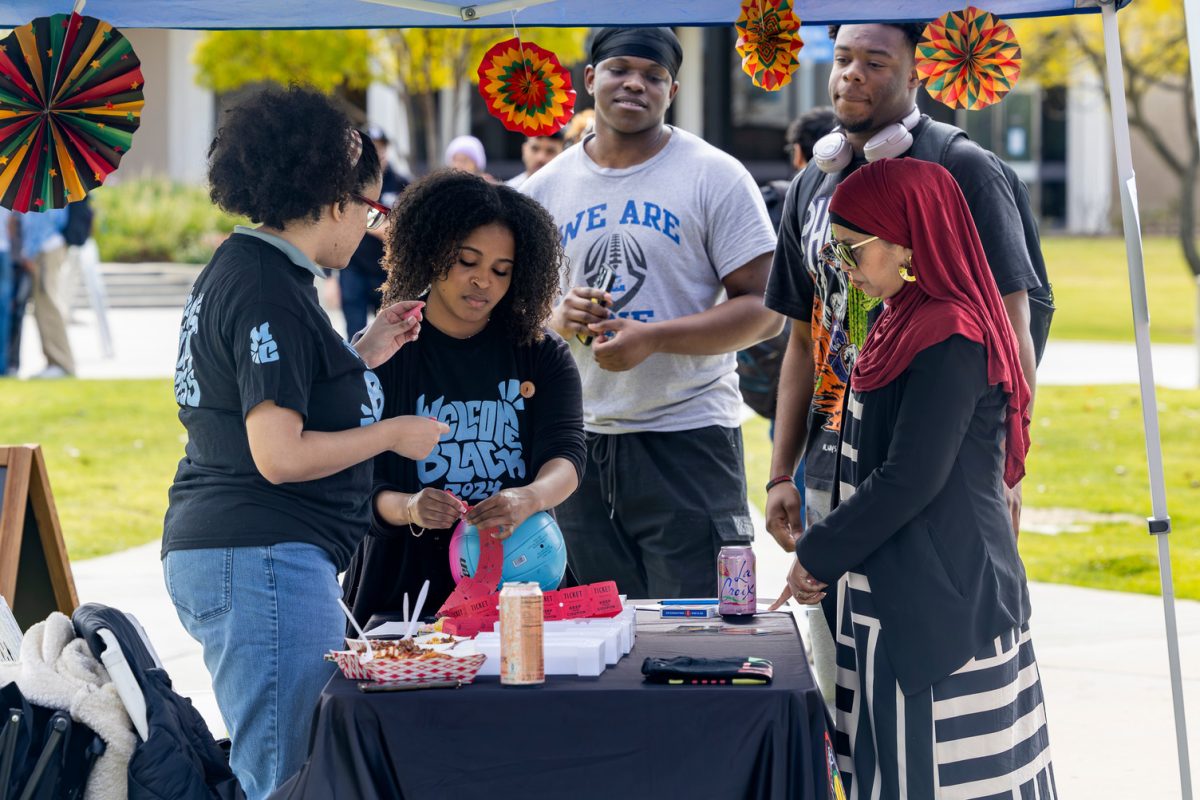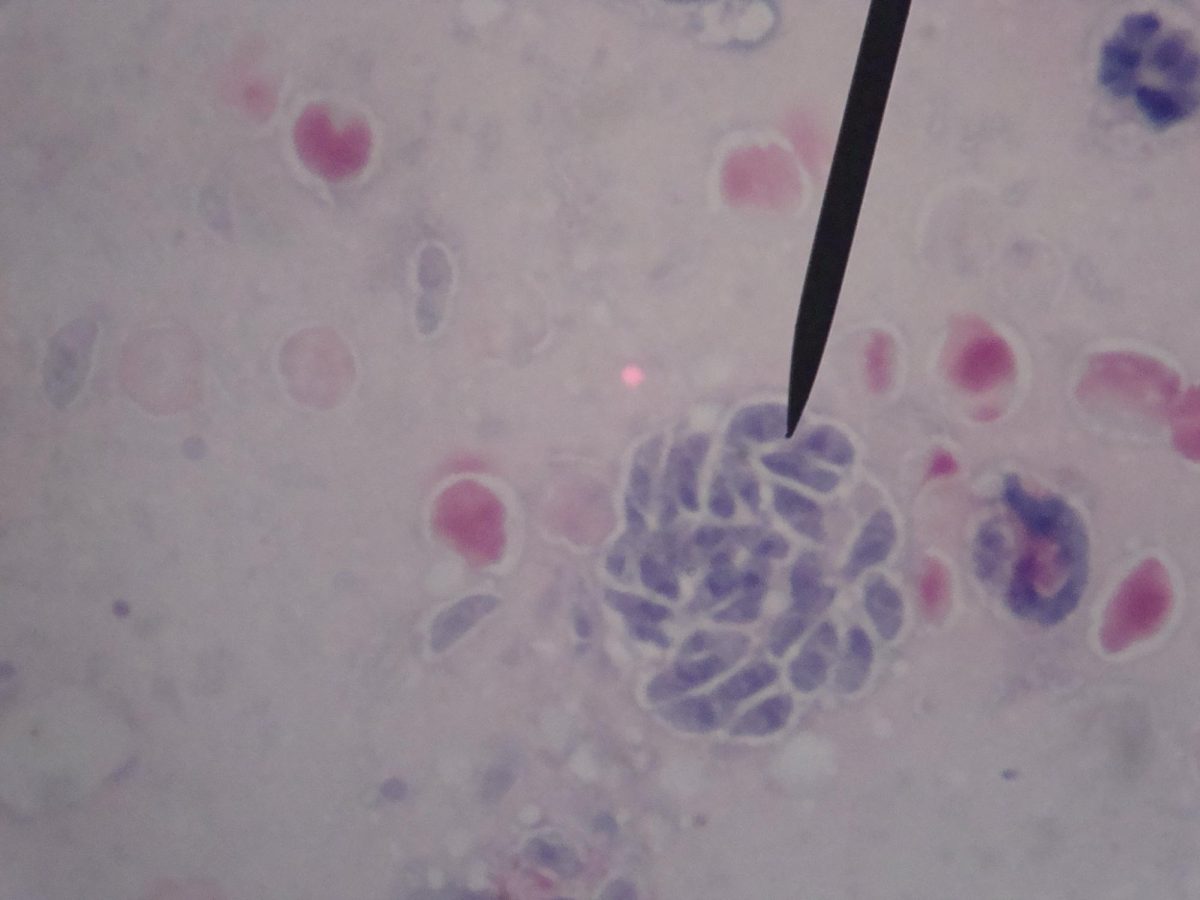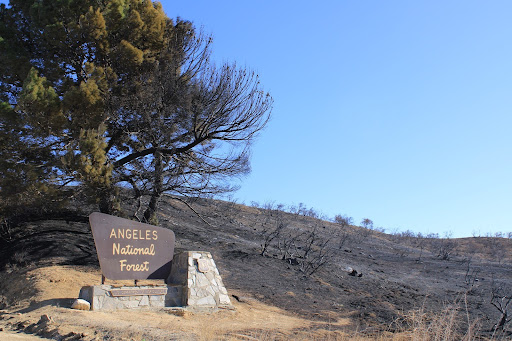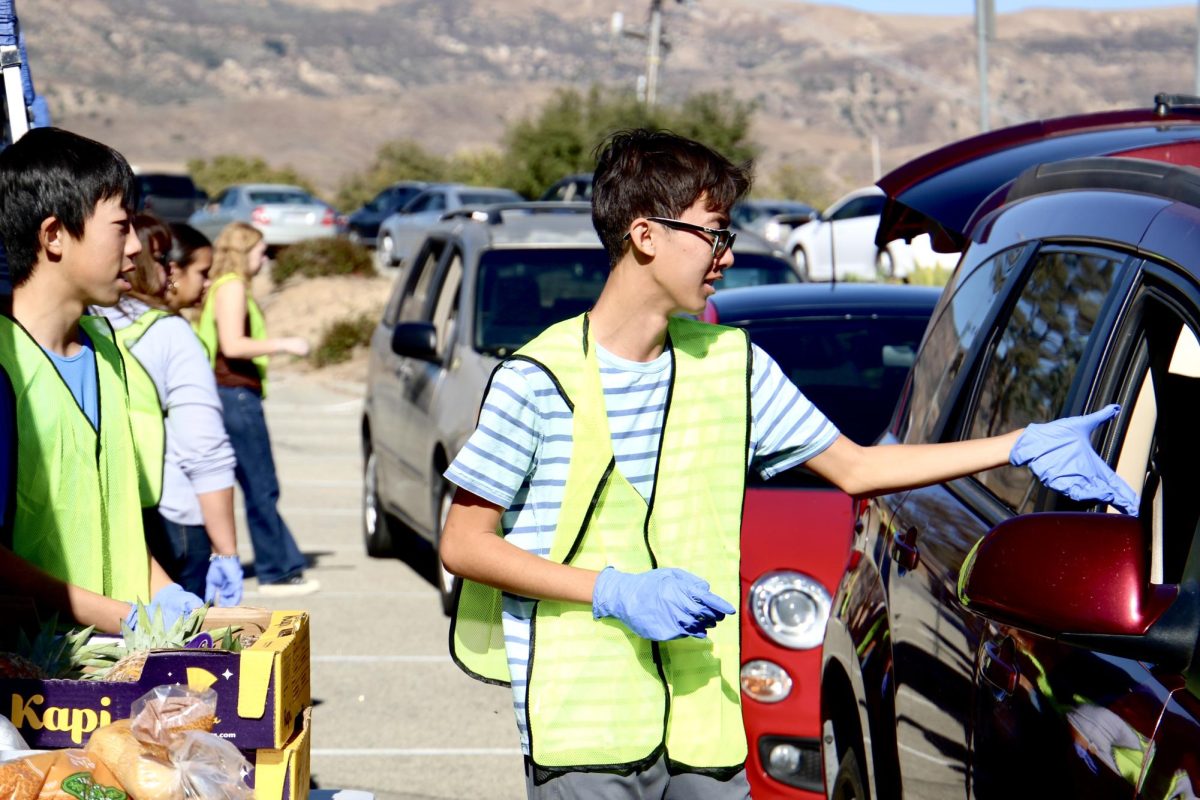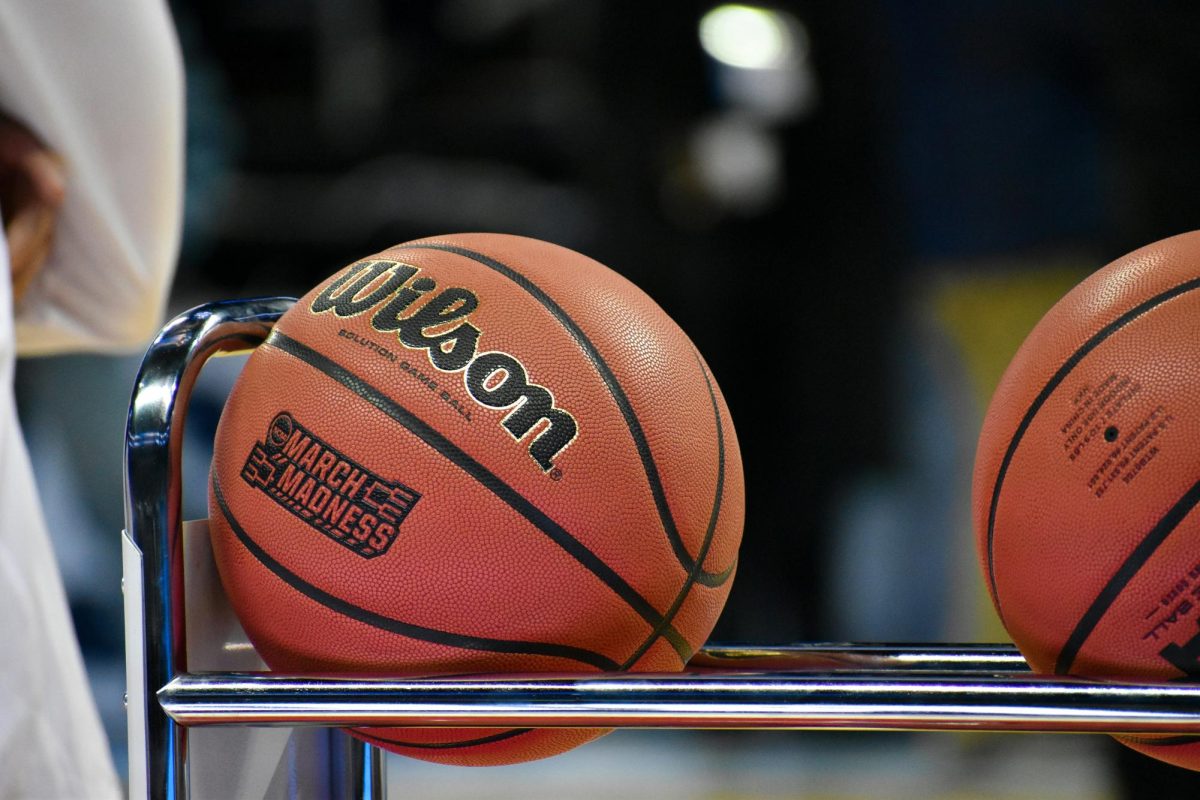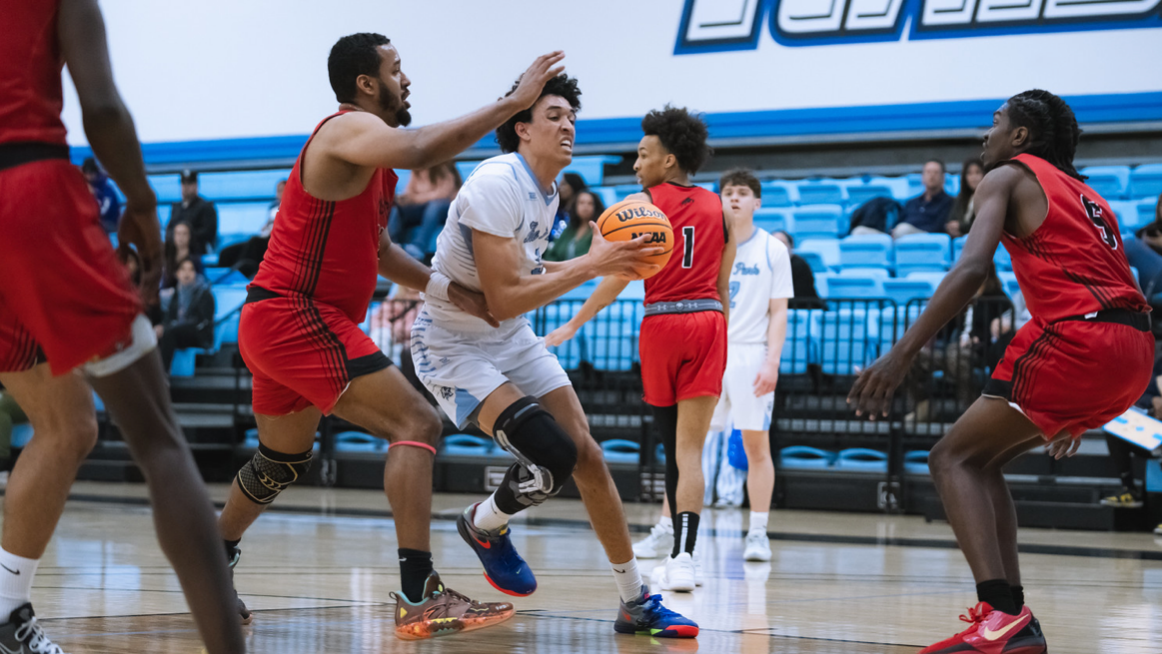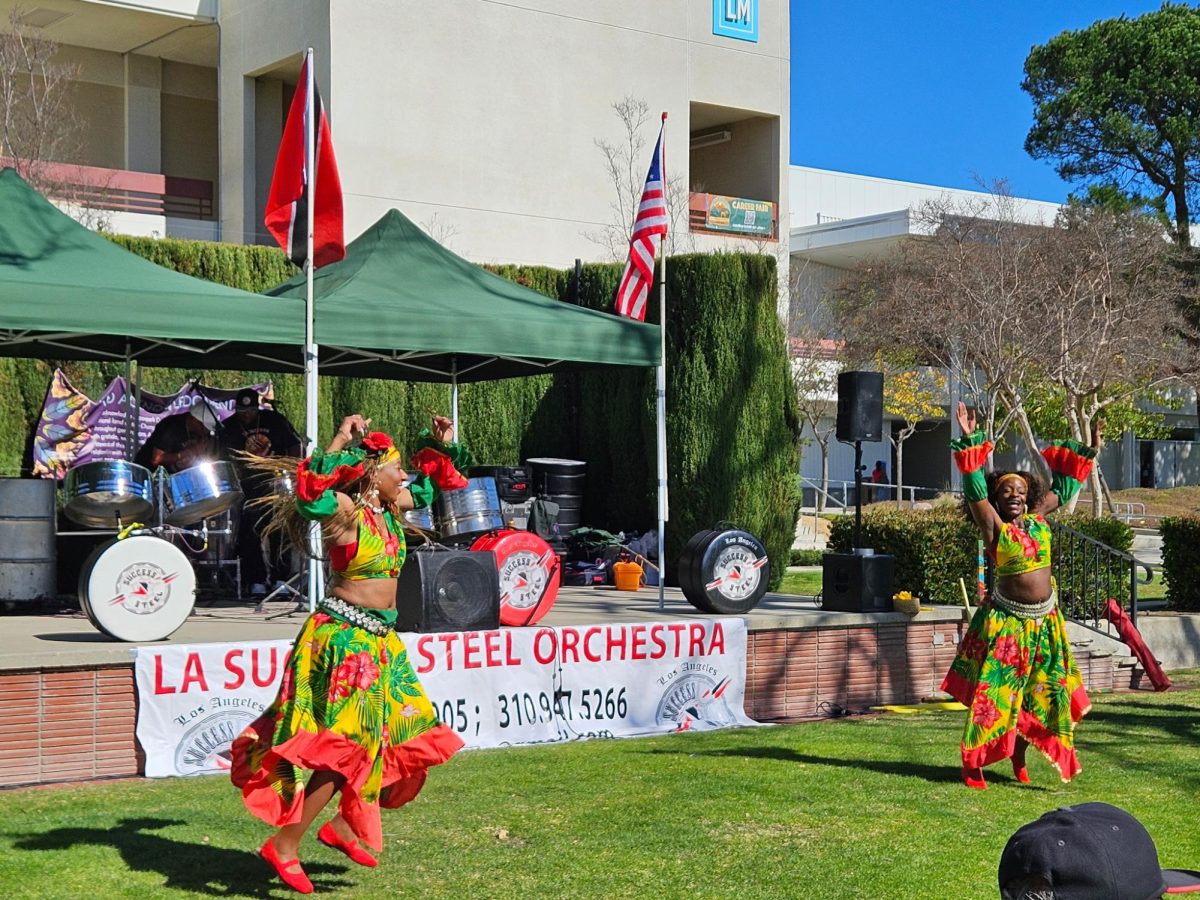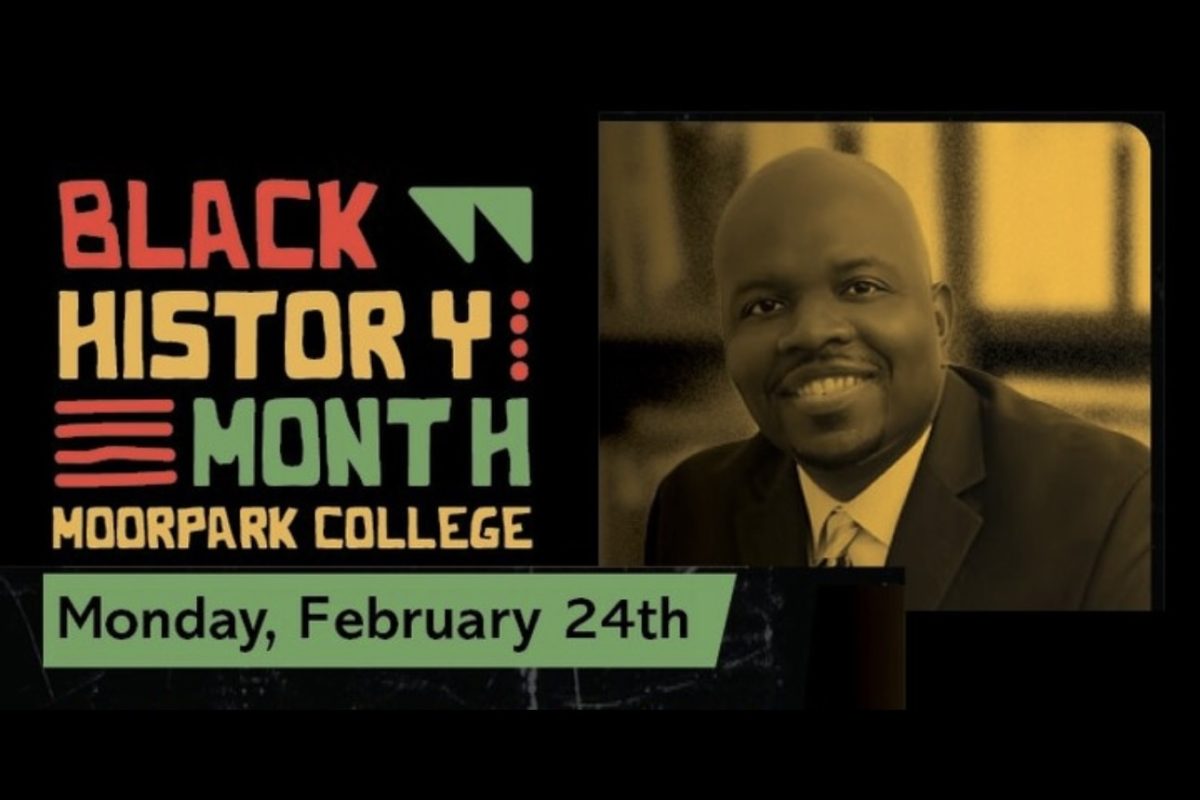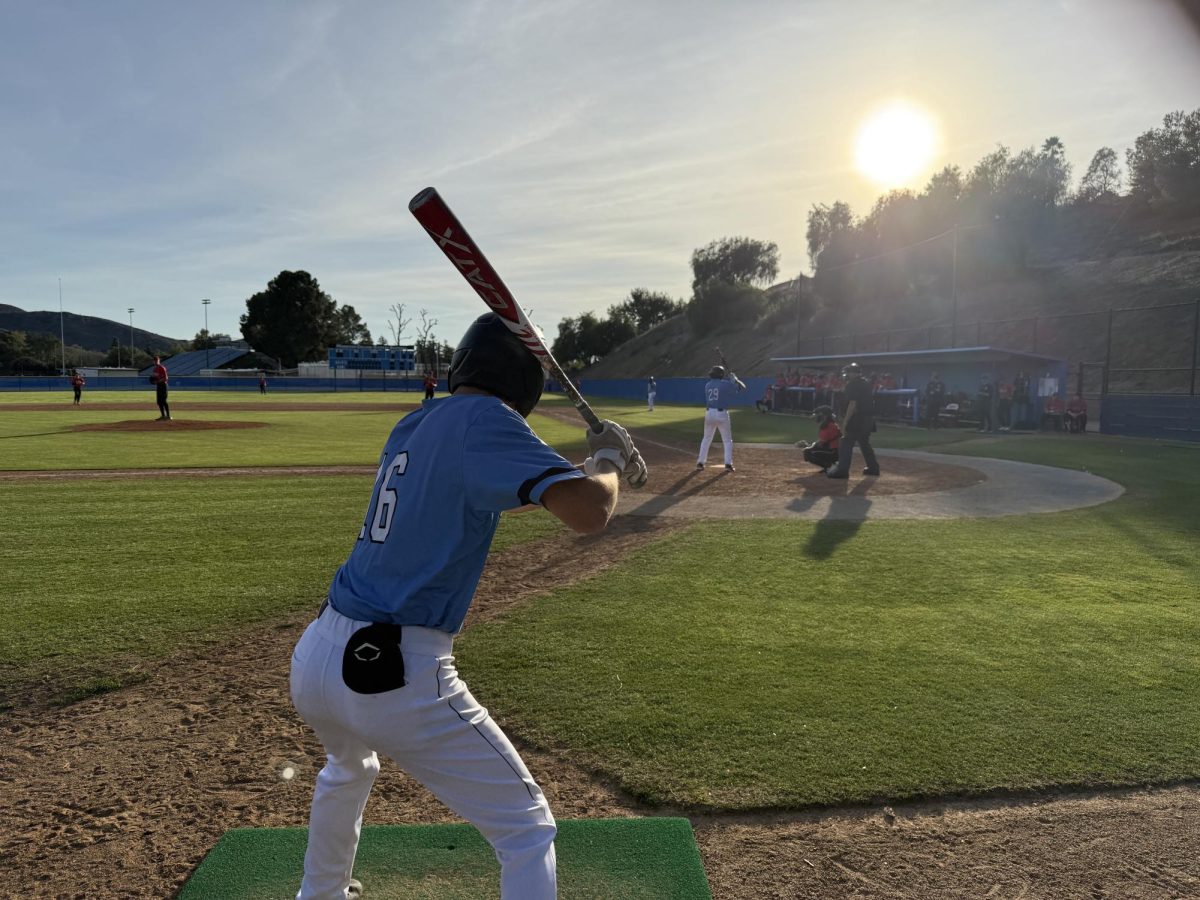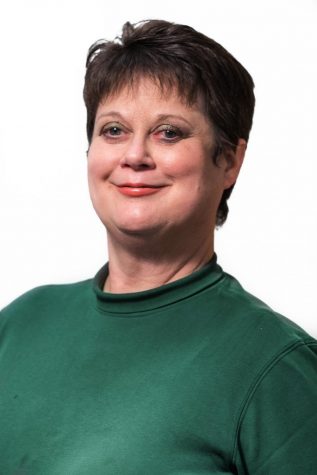Moorpark College Forensics team is competing in their 48th National championships in speech and debate for community colleges from Thursday, Apr. 4 to Apr. 13 in Reno, Nev.
Forensics refers to the overall activity of speech and debate, according to Rolland Petrello, chairman of communication studies and director of forensics at Moorpark College.
According to Petrello, “Phirhop” is the organization that coordinates these events. He said they are like the ‘NCAA’ of speech and debate in junior college.
Students are able to utilize the skills they develop in forensics in all their classes. Team members also regularly transfer to the best universities in the country from the UCs to the Ivy League, according to Petrello.
There are three different types of debates that students compete in, as well as eleven different individual events. The individual events range from researched and memorized speeches (the ones that are most familiar to people are informative and persuasive speaking), to “limited preparation” events, such as impromptu and extemporaneous speaking.
Both of those events emphasize the ability to speak off the cuff about general topics (impromptu) to answering questions about significant current events (extemporaneous). The third category of individual events is called “Oral Interpretation.” This category can be most simply described as acting with restrictions such as no sets, costumes, or lighting. In this category, the events are divided by the type of literature that is being performed such as plays, poetry, or prose.
Students who participate in forensics learn and practice important skills, such as critical thinking and effective communication, that in turn benefit their education.
“Students on the Moorpark College team,” Petrello said, “who come from a wide variety of academic backgrounds, invariably see their GPAs improve when they are on the team, despite the increased demands on their time.”
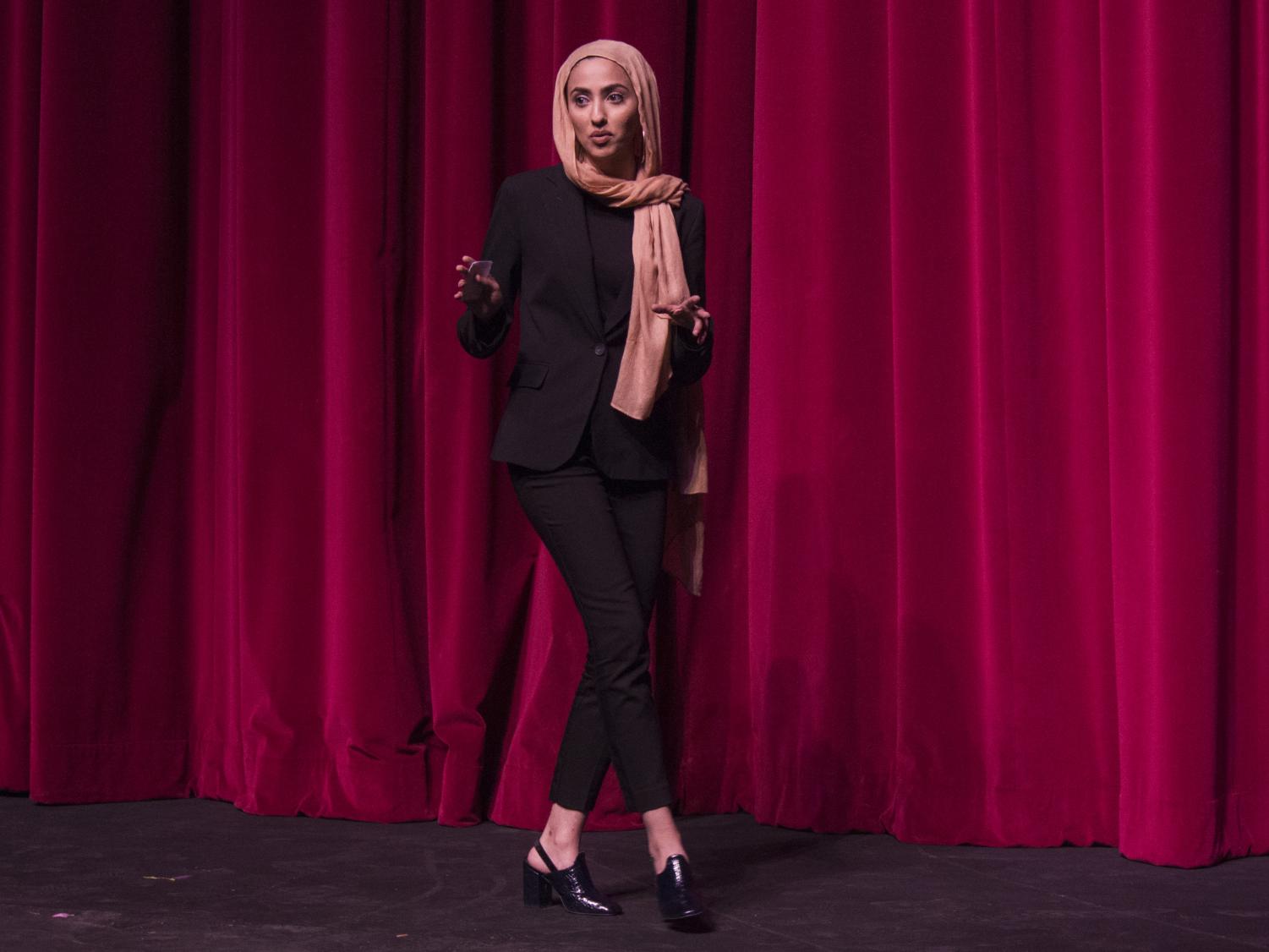
Nathan Shapiro, a communications student, explained how he got involved in the debates.
“I started off in Oral Interpretation of Literature,” said Shapiro. “We had to choose a monologue and apply it to a character any way we wanted. I used Haunted, a collection of short stories.”
Through different personal circumstances, he was unable to get on the team in the past. This is Shapiro’s third attempt to get on the team.
Professor Drew Lobenstein, of Shapiro’s Speaking 101 class, gave him a long heart-to-heart talk and told him he should be on the speech team.
“I honestly believed it,” said Shapiro.
In the debate section, Shapiro gave two speeches: one was a performance and the other was a persuasive.
“In the performance speech I [have] to make my characters come to life,” explained Shapiro. “I also [recite] poetry, [there is a] dramatic interpretation, and I [have to] act out a piece. Then there was a persuasive [speech].”
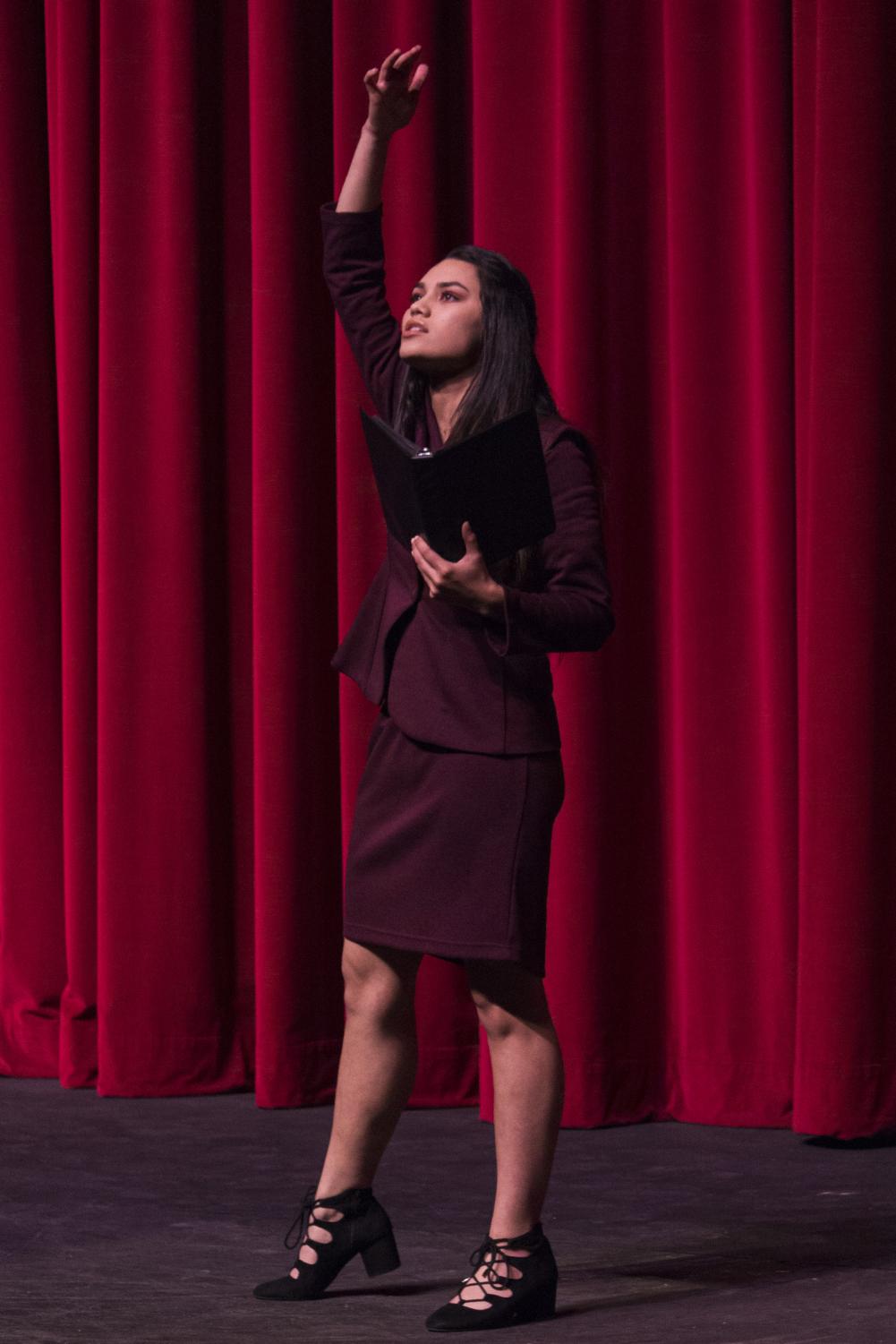
Sabrina Cook, communications and English student, also took oral interpretation last fall. She explained why she was interested in joining the team.
“I think if I hadn’t joined this class, I would have missed this,” Cook said. “[I also] wanted to foray into speaking and also love writing.”
In the debates category, she had events that have to do with rules. Cook started out with prose in class. Then, she added on a few more events: a drama piece and a duo.
“I’ve learned how to express what I speak with facial expressions, body movement, all of those things come into play,” Cook said. “With writing, it’s all about thinking how to come across but with this, the audience can identify with what I’m doing. [It’s about] connecting with speaking to the audience.”
Participating in debates, these skills can help the student in their future endeavors.
Cook said this would help in multiple ways.
“I never thought I was an academic person,” she said. “I had friends who were way over me, but [I] never thought I was good enough. This made me able to do these things in front of people. There were experiences I had to pull from and it taught me how resourceful I can be and learned about team effort. What happens at the end is the tournament sweepstakes.”
Cook enjoyed participating and it gave her an outlet with how to express herself.
“Now it’s a competitive aspect and it gives you permission to push yourself to do something you wouldn’t normally do and push your comfort zone,” said Cook.
She feels the debates went really well and thinks it will help her in the future.
Josh Alpert, a student studying both history and sociology, got his start in forensics when he took an English class and had a debate in class. Afterwards, his professor recommended that he look into the debate team.
“I thought it was a cool idea,” said Alpert. “I looked into it spring 2017 [and] this is my third time on the team.”
He participated in all four categories: parliamentary debate, IPBA debate (with a layperson, one-on-one to discuss issues), the Lincoln-Douglass debate, and limited preparation (he did impromptu and contemporaneous speaking).
“In platform [I] did an informative speech. Last year was a speech on new technologies in quantum internet and quantum communications – new [stuff] coming out of China and now US.”
“Also I did a prose interpretation – on a book “The Reason I Jump” – about autism,” he said.
Alpert is positive this will help in his future endeavors.
“In many ways,” Alpert said, “one of the most important aspects, no matter what job, how to communicate with others and communicate well. [It] looks good on a transfer transcript. Had a blast doing it.”
“It helps with critical thinking [to] help understand writing, consume information, read and interpret and understand,” he said. “Then there’s rapid critical thinking. You learn to take and argue quickly and understand it and spit it back out. To accurately have to consume information and understand it well.”
Alpert thinks they’ll do well this time and he hopes to bring home awards to Moorpark College.
“I’m beyond excited…[and I] think this team has probably one of the best shots in the nation and Moorpark College can bring home the title once more,” said Alpert.

